
James O'Brien 10am - 1pm
15 December 2022, 00:35 | Updated: 15 December 2022, 15:40
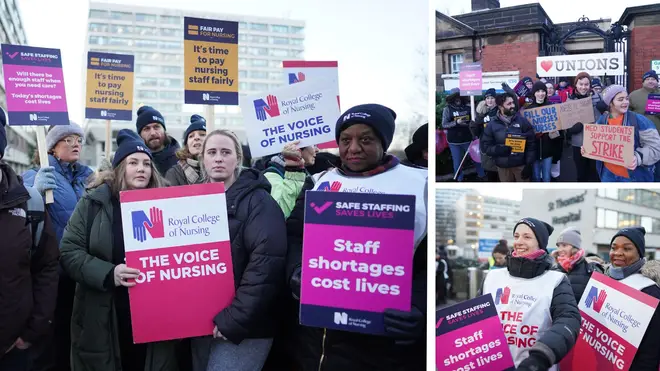
Health secretary Steve Barclay believes the Government cannot afford to pay nurses a 19% pay rise as they launched the NHS's biggest ever strike.
His comments came as health minister Maria Caulfield warned the NHS nurses strike means 70,000 appointments, procedures and surgeries will be lost.
Tens of thousands of nurses represented by the Royal College of Nursing (RCN) from a quarter of NHS trusts hit picket lines at 8am on Thursday for the first of two twelve-hour strikes, causing chaos for the health service.
Mr Barclay said the Government is "hugely grateful" to nurses and pointed to £6.6bn of funding to the NHS in the recent autumn statement.
"And I do think it's important that we have a constructive engagement, but it's got to be reasonable. And I think asking for 19% at a time when many viewers face significant cost of living pressures is not affordable, given the situation the economy faces," he told TV broadcasters.
Asked about whether he would discuss pay with the RCN, Mr Barclay said: "We've been clear that we have an independent process and that is the process we followed. If we were not meeting the recommendations in full, I'm sure I'd be asked as to why when there is an independent process, why we haven't followed that...
"There is room to discuss, as I say, a wide range of issues."
Ms Caulfield said cancer surgeries would be closed across 44 trusts in England.
She added: "We reckon it's about 70,000 appointments, procedures, surgeries that will be lost."
But NHS chiefs have warned nurses will go on strike again in January unless the government goes back to the negotiating table.
Danny Mortimer, chief executive of NHS Employers, said: "Unless the Government indicates a willingness to negotiate on pay-related matters, further strike dates will be announced by the RCN for Jan 2023 and beyond.
"It is likely that these strikes will be for a longer time period on each occasion and will cover a greater number of organisations in England."
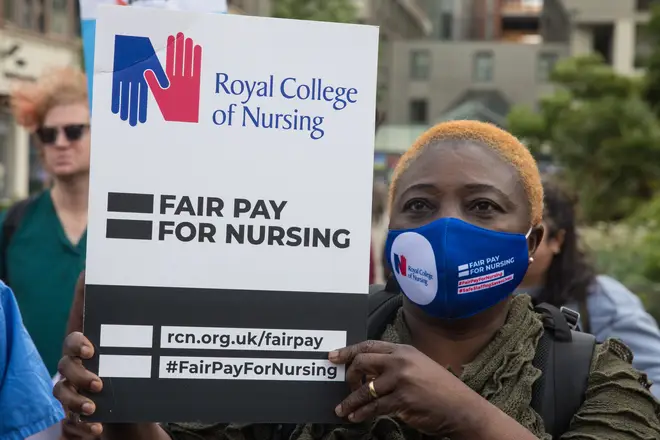
Nurses are walking out for the first time in the RCN's 105-year history because they want a pay rise of 19.2% to compensate for huge inflation. The government have said that NHS wages are decided by an independent pay review.
Nurses have complained of burnout amid huge pressures on the NHS and after two years of Covid-19. Vacancies for nursing jobs reached 47,000 in September - a record high.
But NHS bosses are worried that this month's strikes will affect patients' safety, with thousands of non-urgent operations cancelled and many more outpatient appointments also having to be rescheduled.
Health bosses have negotiated with the RCN over derogations - types of urgent work that nurses will undertake despite the strike - but are still not satisfied.
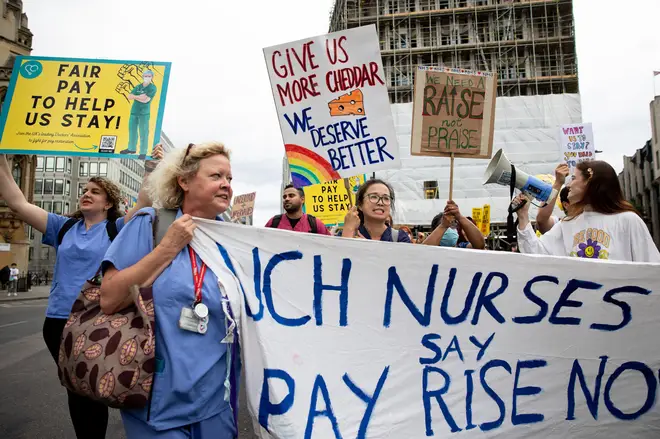
Speaking on LBC’s Nick Ferrari at Breakfast, health minister Maria Caulfield said strike action was not the way to resolve the pay dispute.
"I recognise that pay is an issue but the government has a difficult position in terms of the fact we can’t realistically meet a 19% demand, which is what the RCN have on the table at the moment." she said.
"We’ve only seen 44 of the 250 trusts going out on strike today – that’s still too many and there'll be thousands of procedures and appointments missed because of that.
"But personally I don’t think strike action is the way to resolve this dispute."
When asked if she would have striked as a member of the RCN, Ms Caulfield added: "I personally wouldn’t but I think that is a decision for each individual nurse."

Health Minister Maria Caulfield says she wouldn't have voted for strike action.
NHS bosses have pleaded with nurses to make an exception for cancer treatment, with limited success. Chemotherapy sessions will still go ahead, although for other cancer patients the RCN has only agreed “to review specific highly urgent interventions on a patient-by-patient basis”.
Read more: 'It's too dangerous': Jeremy Hunt refuses to rule out curbing nurses' right to strike
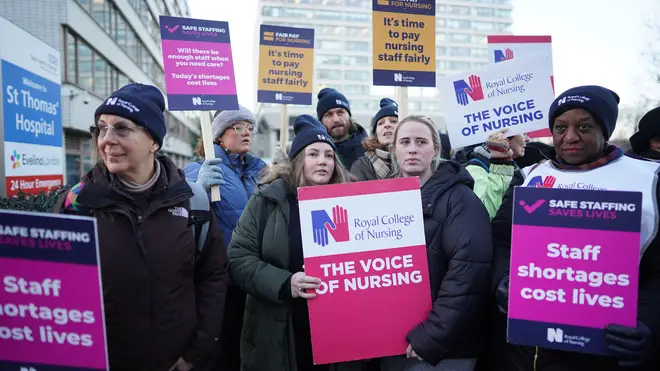
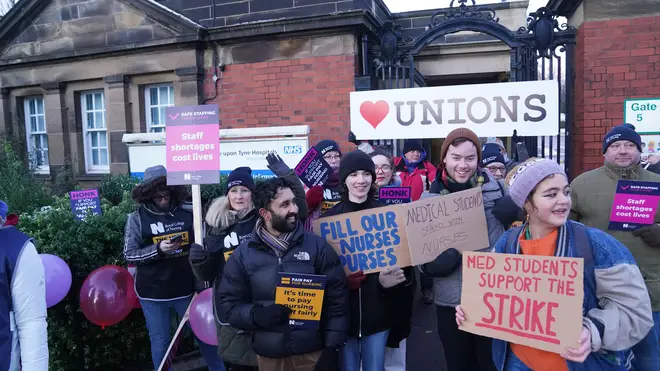
Mr Mortimer said: “There are areas where we are disappointed that we have not been able to make more progress with the RCN, with the limited national derogations for cancer services a particular area of worry.
Discussing future strikes, Mr Mortimer added: “It is also likely that the position reached yesterday on derogations will be altered and reduced further. Re-balloting is also likely.”
The RCN has said it will still staff chemotherapy, emergency cancer services, dialysis, critical care units, neonatal and paediatric intensive care.
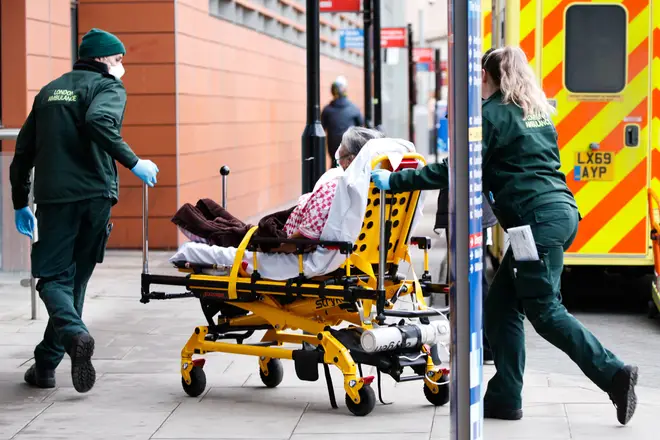
Some areas of mental health and learning disability and autism services are also exempt, while trusts have been told they can request staffing for specific clinical needs.
Nurses will work Christmas Day-style rotas for adult A&E and urgent services.
It comes after Chancellor and former Health Secretary Jeremy Hunt refused to rule out curbing nurses' right to strike in future.
The government is preparing measures that may reduce the ability of key workers to take part in industrial action.
And speaking to LBC's Andrew Marr on Tuesday, Mr Hunt said: "People in the services that we depend on for our life should commit to minimum services levels.
"In the end it’s just too dangerous for the public if we can’t be confident [in them]" he added.

'Do you think nurses should be banned from striking?'
Despite the pain the nurses' absence may cause, a majority of British people support their strikes. An Ipsos poll found that 52% were in favour of the industrial action, with 27% against, the Mirror reported.
But ministers have said the level of pay rise the RCN is demanding is “unreasonable and unaffordable”.
Health Secretary Steve Barclay added that the strikes were “deeply regrettable”.

Doctor who works in the NHS tells LBC 'we cannot retain our doctors and nurses'
He said: “My number one priority is to keep patients safe. I’ve been working across government and with medics outside the public sector to ensure safe staffing levels, but I do remain concerned about the risk that strikes pose to patients.”
A source close to the Health Secretary told the Telegraph: “We are getting a clear impression the RCN want to ramp it up in the new year, which would be a real concern, given the impact on patients.”
But pressure is mounting on the Government find a compromise on pay, with former Conservative Party chairman Sir Jake Berry saying it "is going to have to improve its offer".
"We need to find a way as a Government, and the union does too, to get to that centre point, that point of agreement straight away," he said.
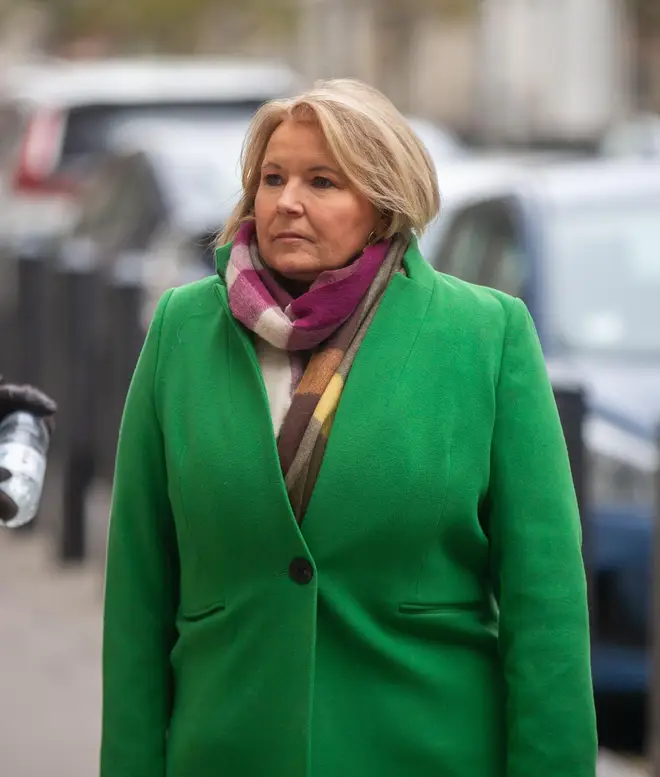
RCN boss Pat Cullen said the strikes were a "tragic first".
She said: "Nurses are not relishing this, we are acting with a very heavy heart.
"It has been a difficult decision taken by hundreds of thousands who begin to remove their labour in a bid to be heard, recognised and valued.
"It is a tragic first for nursing, the RCN and the NHS. "Nursing staff on picket lines is a sign of failure on the part of governments.
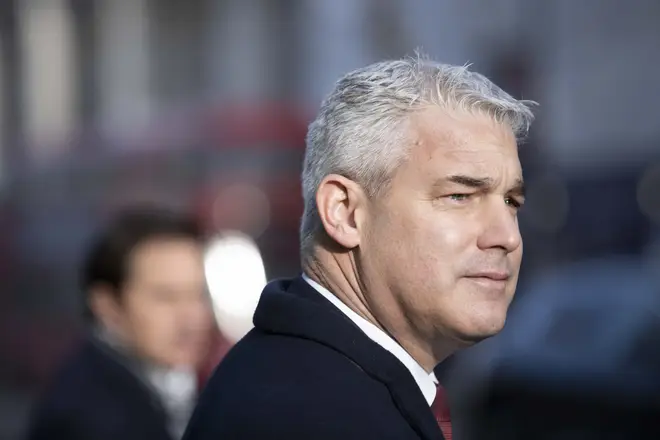
"Our commitment to patients and safe care means that vital services are kept running.
"The scaremongering we have seen did upset some but also demonstrated the disrespect afforded to nurses for raising their voice.
"My plea to patients is to know that this strike is for you too - it's about waiting lists, treatments that are cancelled year round and the very future of the NHS."
The nurses' strike comes amid a wave of industrial action by public sector workers, including railway staff and postal workers. Ambulance drivers are also set to walk out on December 21 and 28.